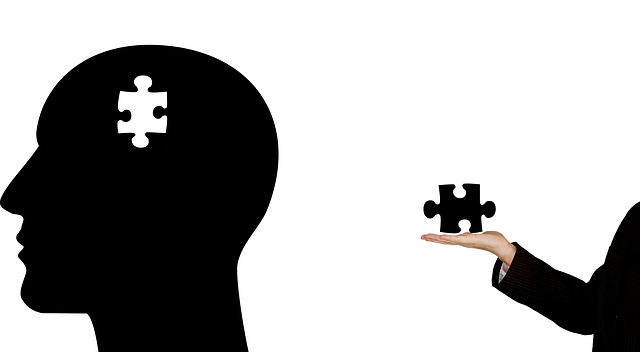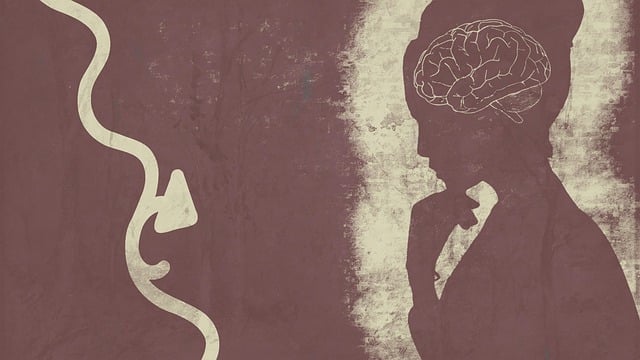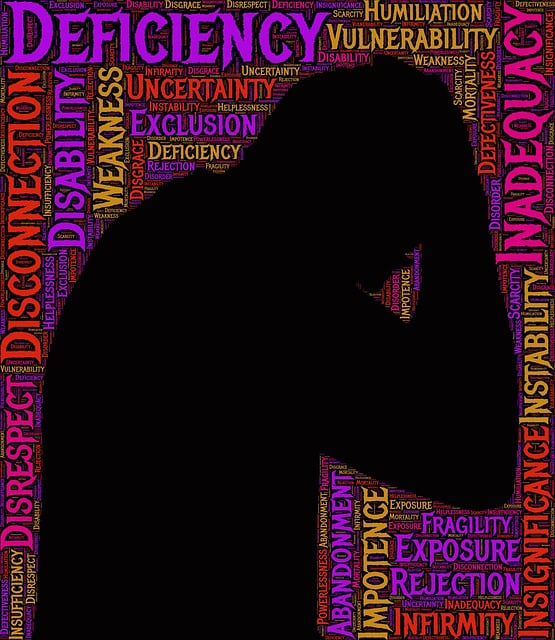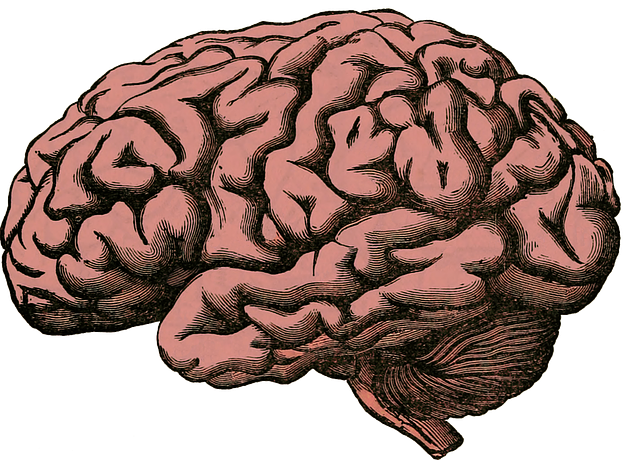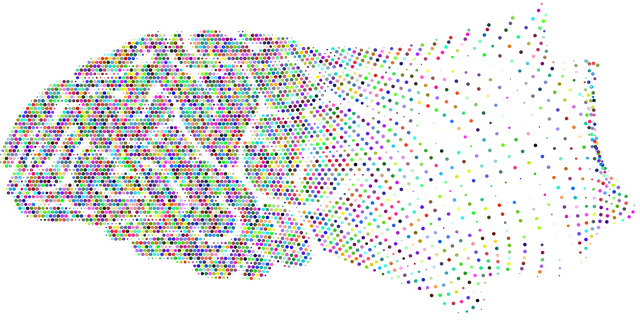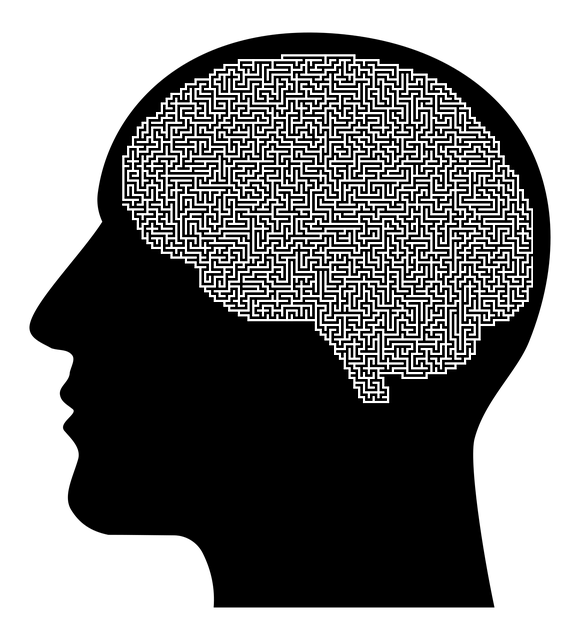Panic disorder and anxiety attacks are prevalent among young adults, marked by intense fear and physical/mental symptoms disrupting daily life. Early intervention through targeted mental health education is crucial, offering workshops, peer support, and evidence-based practices like CBT. Engaging learning modules with case studies, role-plays, and multimedia cater to diverse needs. Public awareness campaigns and trauma support services break stigma, foster open conversations, and provide crisis guidance. Evaluating program success through surveys and journaling reflects improvements in symptoms, attitudes, and help-seeking behaviors over time. #TherapyForYoungAdultsPanicDisorderAndAnxietyAttacks
Mental health education programs play a pivotal role in fostering resilience among young adults. This article explores key components in designing effective learning modules for mental well-being, with a specific focus on panic disorder and anxiety attacks—prevalent issues among this demographic. We delve into the importance of early intervention, incorporating evidence-based therapies, and evaluating program success. By understanding these aspects, educators can create impactful programs offering therapy for young adults struggling with these common mental health challenges.
- Understanding Panic Disorder and Anxiety Attacks in Young Adults
- The Importance of Early Intervention and Education
- Designing Effective Learning Modules for Mental Health Programs
- Incorporating Evidence-Based Therapies into the Curriculum
- Evaluating and Measuring the Success of the Program
Understanding Panic Disorder and Anxiety Attacks in Young Adults

Panic disorder and anxiety attacks are prevalent issues among young adults, often manifesting as sudden, intense fear or discomfort that disrupts daily life. These experiences can be debilitating, leading to physical symptoms like rapid heartbeat, shortness of breath, and dizziness, alongside mental distress such as a sense of losing control or impending doom. Understanding these disorders is crucial in developing effective therapy for young adults dealing with panic disorder and anxiety attacks.
Public awareness campaigns play a significant role in breaking down stigma surrounding mental health issues, encouraging open conversations, and fostering support networks. Additionally, integrating trauma support services and providing crisis intervention guidance can be transformative for young adults experiencing these conditions. Early intervention and access to appropriate resources are key to helping individuals manage their symptoms, improve their quality of life, and develop coping strategies for the long term.
The Importance of Early Intervention and Education

Early intervention and education are paramount in addressing mental health issues among young adults, particularly those grappling with panic disorder and anxiety attacks. These conditions often emerge during adolescence or early adulthood, a period when individuals are navigating critical life transitions and developing coping mechanisms. Integrating mental health education into this phase can help foster resilience and normalize conversations around emotional well-being.
Through dynamic programs that blend interactive workshops, peer support, and evidence-based practices, young adults gain essential tools for managing anxiety and panic. Empathy-building strategies play a pivotal role in creating supportive environments where individuals feel understood and encouraged to seek help without stigma. Moreover, Mental Wellness Podcast Series Production can amplify accessible resources, offering relatable content that resonates with contemporary audiences. By equipping young adults with stress management techniques early on, we empower them to navigate life’s challenges with greater equanimity and resilience.
Designing Effective Learning Modules for Mental Health Programs

Designing effective learning modules is a key aspect of crafting successful mental health education programs, especially when targeting young adults grappling with panic disorder and anxiety attacks. Each module should be meticulously structured to engage participants while conveying essential knowledge and skills. Incorporate interactive elements like case studies, role-plays, and group discussions to foster active learning. These methods not only enhance comprehension but also encourage empathy and critical thinking, enabling young adults to better manage their mental health challenges.
Consider integrating multimedia resources, such as videos and mental wellness podcast series production, to cater to diverse learning styles. Risk assessment for mental health professionals should be incorporated into the curriculum to ensure safe and supportive learning environments. By balancing theoretical knowledge with practical applications, Mental Health Education Programs Design can empower young adults to seek therapy for panic disorder and anxiety attacks more effectively, ultimately promoting mental wellness.
Incorporating Evidence-Based Therapies into the Curriculum

Incorporating evidence-based therapies into mental health education programs is a critical step towards empowering young adults to manage their panic disorder and anxiety attacks effectively. Techniques such as Cognitive Behavioral Therapy (CBT), which focuses on identifying and changing negative thought patterns, have proven successful in treating anxiety disorders. By integrating these therapeutic approaches into the curriculum, students gain practical tools to cope with stress, fear, and panic episodes.
The program should also include components like emotional intelligence development, conflict resolution techniques, and mental wellness coaching programs. These strategies enable young adults to enhance self-awareness, understand their triggers, and manage emotions during challenging situations. Equipping them with these skills ensures they can navigate their mental health journeys with resilience and improved quality of life, specifically addressing the needs of those dealing with panic disorder and anxiety attacks.
Evaluating and Measuring the Success of the Program

Evaluating the success of a mental health education program is crucial to ensure its effectiveness and long-term impact. When designing such programs for young adults, particularly focusing on therapy for panic disorder and anxiety attacks, several key metrics come into play. One effective method is tracking participant progress through self-reported surveys and interviews, which can gauge improvements in symptoms, attitudes towards mental health, and help-seeking behaviors. These assessments should be conducted at regular intervals throughout the program to monitor changes over time.
Additionally, measuring success involves examining the implementation of learned skills in real-life settings. Encouraging participants to maintain a mental wellness journal with guidance on stress management techniques can offer valuable insights into their progress. By combining quantitative data from surveys with qualitative reflections through journaling, educators can gain a comprehensive understanding of each individual’s journey and tailor support accordingly. This holistic approach considers not only the reduction of symptoms but also the development of long-lasting coping strategies, ensuring cultural sensitivity in mental healthcare practice and fostering a sustainable commitment to mental wellness.
Mental health education programs play a pivotal role in empowering young adults to manage and overcome panic disorder and anxiety attacks. By incorporating evidence-based therapies, designing engaging learning modules, and focusing on early intervention, these programs can significantly improve mental well-being outcomes. Regular evaluation ensures the success of such initiatives, allowing for continuous improvement and better support for those seeking therapy for young adults suffering from panic disorder and anxiety attacks.

